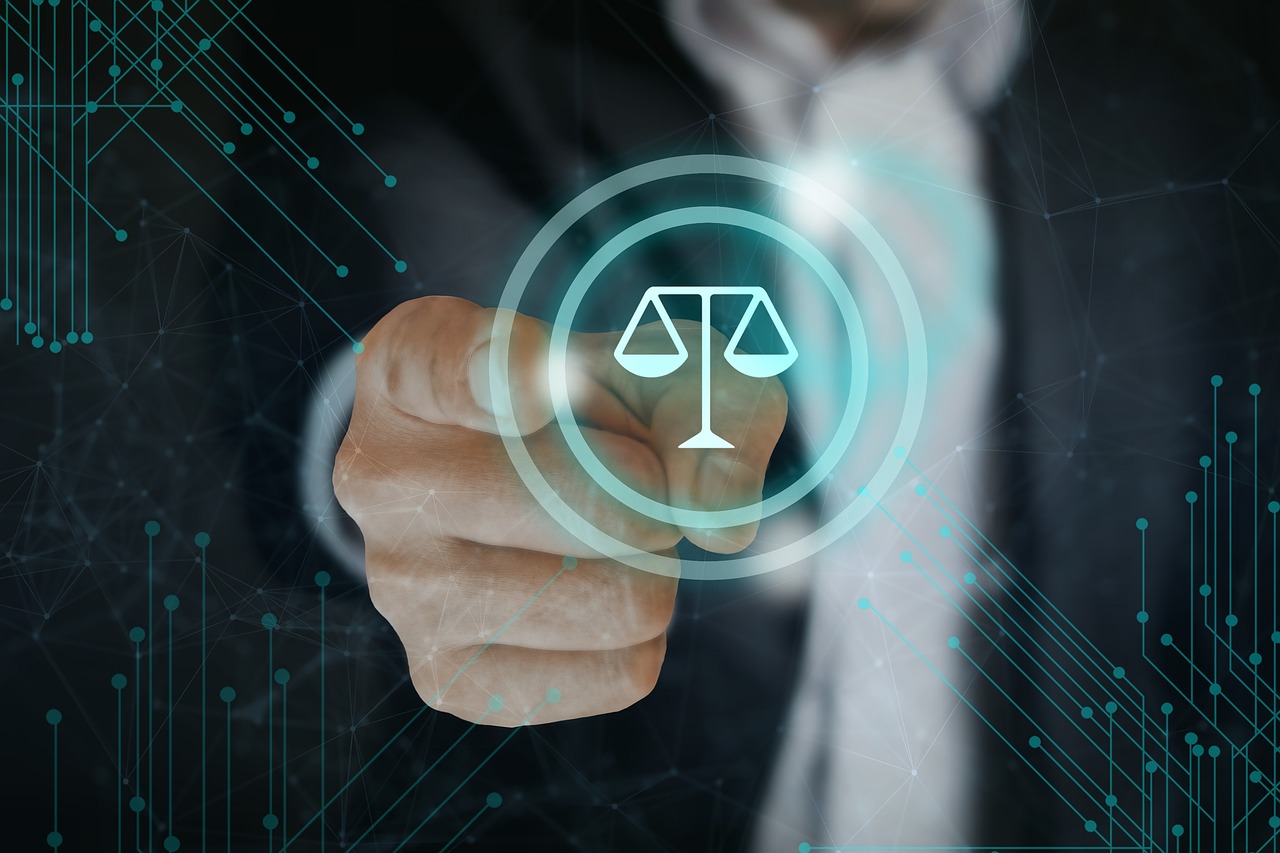From the invention of the printing press and the steam engine to the birth of the internet, there are countless examples of how technology has reshaped our lives. AI has a similar potential. It has the capacity to automate labor-intensive aspects of many jobs, impacting our day-to-day on a fundamental level.
One industry that has much to gain from AI is law. In fact, 80 percent of in-house lawyers find that manual work detracts from time spent working towards wider business goals, so if AI can help to reclaim these countless hours spent on day-to-day legal work, it could be a gamechanger for the industry.
An AI pilot in flight
Imagine how much time could be unlocked with a tool that completely automates the negotiation of a contract – no lengthy reviews, no manual redlining and no tedious back-and-forth with counterparties. AI has recently grown in sophistication to make this a reality, acting as a “co-pilot” negotiator that can learn from a business’ previous agreements and flag areas of risk in a contract.
Today, AI can take the legal co-pilot model one step further, making the contract negotiation process entirely autonomous by pitting one AI against another to remove the human element on both sides. In short, AI is not just a “co-pilot”, it will soon be used on “autopilot”.
To show how AI can ease the burden of routine tasks, Luminance recently used its ‘legal-grade’ AI to demonstrate the world’s first automated contract negotiation without human involvement. Using the information gleaned from two businesses’ previously agreed contracts, an AI on each side of the negotiating table automatically reviewed and amended a Non-Disclosure Agreement, both seeking to standardize language in line with the respective company’s standards. With some back-and-forth, the NDA became gradually more mutually acceptable and was eventually passed into DocuSign for human signature.
Upskilling lawyers for AI success
AI like this is making waves in the legal industry, but how can we make the most out of it? Addressing the AI skills gap is key if society is to harness its true power and understand how to use it safely.
In the UK, Prime Minister Rishi Sunak has publicly stated his wish for the country to be at the vanguard of AI development and regulation. Recently, the Treasury announced that it is earmarking £900m to build an exascale computer to boost the country’s high-tech capabilities.
These are welcome targets, but rolling out AI-focused funding at such a scale without adequately preparing the public and the workforce could end up impeding innovation. Technology is, after all, a tool – and when it comes to adopting new tools in any sector, having the capacity for skillful and effective use is just as important as the power of the tech itself.
Training, reskilling and early education in AI are all crucial ingredients in the recipe for success. Schools, universities and the government will all have a part to play in helping to close the AI skills gap. Similarly, employers should also look to provide their workforces with reskilling and upskilling programs. Improved education around AI will be key to empowering future business leaders – these individuals will be at the forefront of implementing AI solutions in the coming years. To do this effectively and safely, they need to know what AI actually is and, more importantly, what it isn’t.
To be clear, we don’t need every legal professional to achieve a high level of technical understanding, but we should teach people to understand key concepts that underpin AI, such as probability and risk. The adoption of AI and its broader success in any sector, let alone legal, will rely on the general public being clued up about how the technology works and what it can be used for.
There is movement on this issue already. The UK’s universities have drawn up a set of guiding principles designed to help improve AI literacy among students and staff. At the same time, a global group of AI experts has published a voluntary framework, including 84 questions for developers to consider, to guide the safe design of innovative new AI products.
Moving from sci-fi to opportunity
AI has been represented in different forms in popular culture for many decades, from films like 2001: A Space Odyssey’s spaceship control antagonist to the romantic companion in Her.
After all these works of great imagination, we’re finally starting to see what AI looks like in real life, in industries where time-stretched professionals need it most. If we can get the rollout of AI right by preparing the workforce of tomorrow, we can certainly open the doors to new opportunities.
Just like the invention of the printing press was a revolutionary advancement for society, AI is likely to be a new frontier in the way we live and work, no matter the industry. If we are to make the most of that potential within the legal sector and beyond, we must invest in training, education and reskilling, so we can all play a part in ensuring AI serves the best interests of every one of us.




